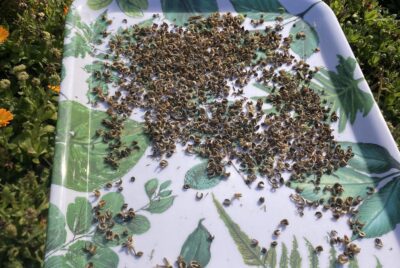RESEARCH
Effects of Horticultural Therapy on Elderly’ Health: Protocol of a Randomized Controlled Trial
Summary
This research paper is a study protocol designed to evaluate the effectiveness of horticultural therapy (HT) in promoting mental health, cognitive functioning, and physical health among older adults in Singapore. The study aims to address the increasing need for cost-effective and accessible strategies to support successful aging, given the rapid growth of the aging population worldwide. Seventy elderly participants aged 60 to 85 years will be recruited and randomized into either an active HT group or a waitlist control group. The HT intervention will involve weekly sessions for 12 weeks, followed by monthly sessions for 3 months. Mental health, cognitive function, and physical health will be assessed at baseline, 3 months, and 6 months post-intervention using self-reports, neuropsychological tests, and health screenings.
The HT intervention is designed to cultivate an interest in gardening and promote relaxation.
Each session includes breathing and stretching exercises, indoor horticultural activities, park visits, and outdoor gardening. Participants will engage in activities such as making pressed flowers, indoor gardening, visiting urban parks, weeding, and seed sowing. The program emphasizes education, mental stimulation, and social engagement, with facilitators using questions and answers to encourage active discussion. The study will also collect qualitative data via feedback questionnaires to understand the participants’ subjective experiences. The researchers hypothesize that participants in the active treatment group will show better mental health, improved cognitive functioning, and better physical health compared to the wait-list control group.







